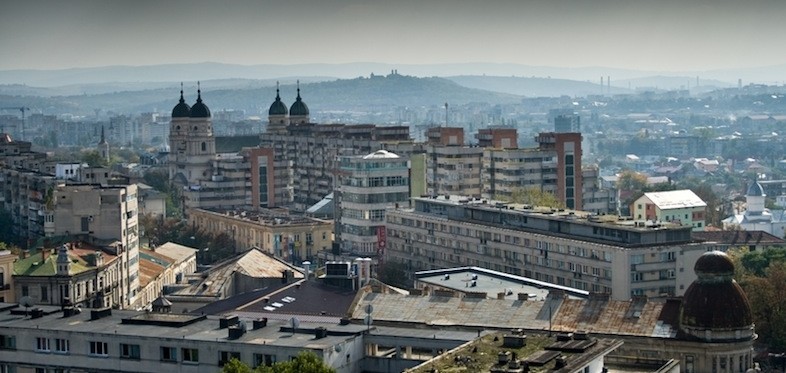Romanian politics has become less polarized after a reshuffle of the coalition in 2021, resulting in a super-sized parliamentary majority and a solid partnership with President Klaus Iohannis. This move was prompted by the necessity for a stable cabinet to address the effects of the Ukraine conflict. It resulted in a decline of transparency and responsiveness in decision-making, which seems to take place more than before behind closed doors, and increased political influence by the army and intelligence services.
Economically, the country faces an enormous budget deficit, primarily directed towards current spending with only little investments. This financial imbalance is further exacerbated by a high level of resource wasting and clientelism in public agencies and companies.
Rather than prioritizing reforms, the current coalition is focused on the 2024 elections. Consequently, Romania is grappling with limited administrative capacity, delayed reforms in key sectors, clientelism and a declining commitment to continue the anti-corruption fight.
